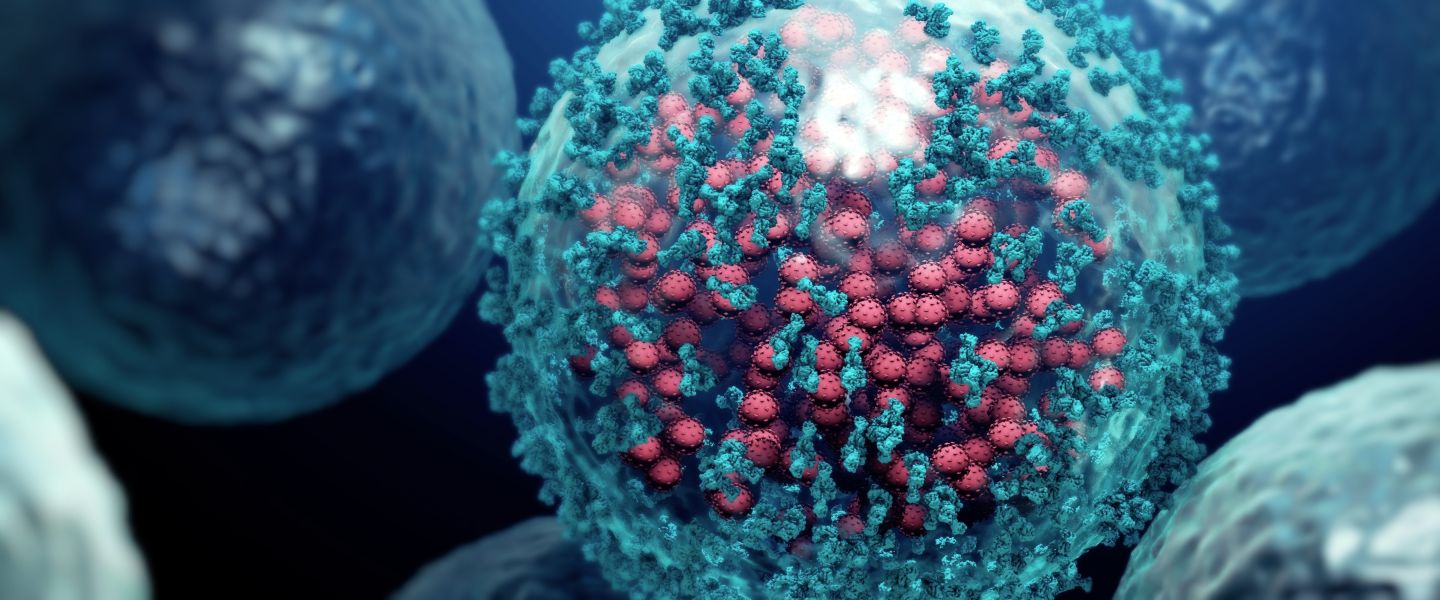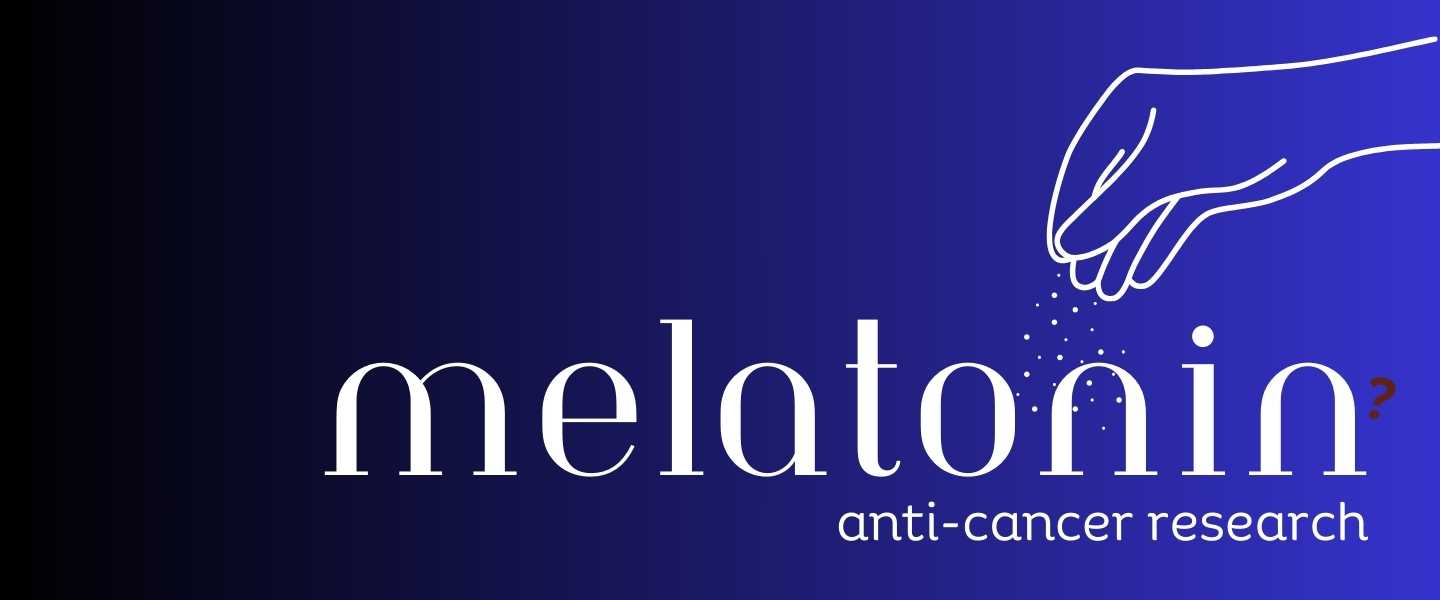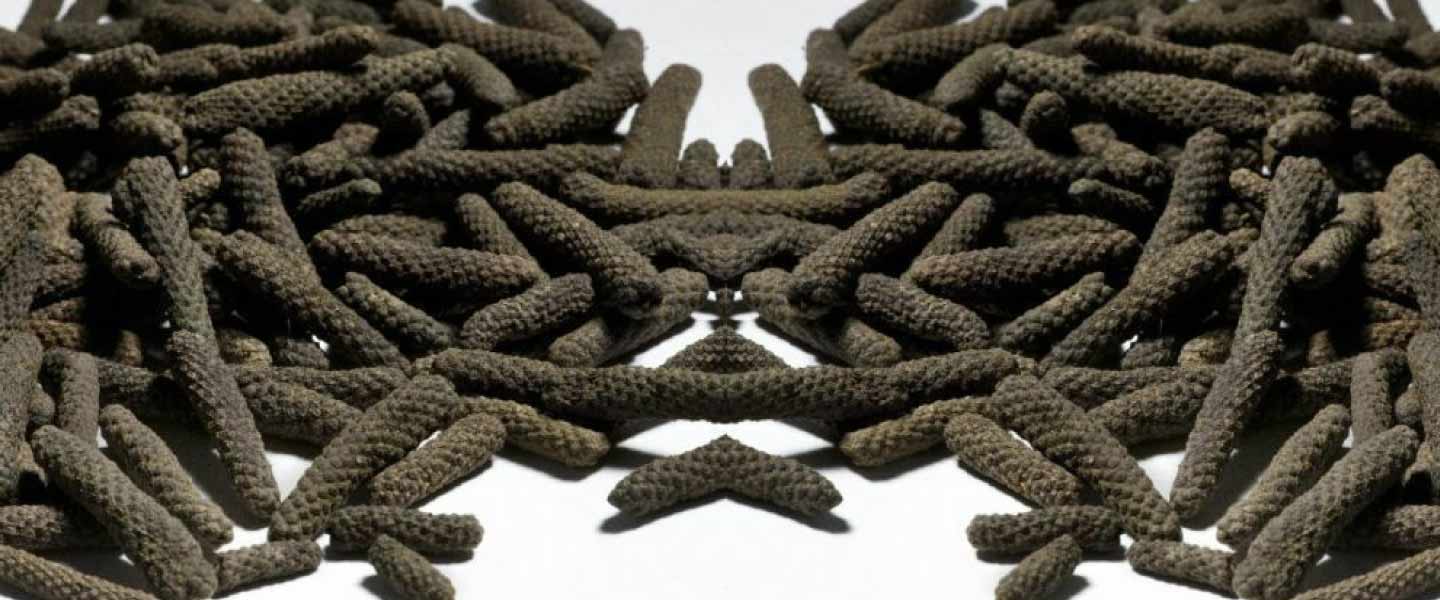SHARING / REPOSTING GUIDELINES: We're very happy to have posts/articles shared as direct links.
However, if you are replicating and re-posting information from this website or our posts, Abbey requests that you:
A) Only ever share articles in part (not in full). (eg. You can lift a paragraph as a way of introducing your readers to the topic) B) Be sure to always provide a direct link/URL back to the full original article here on the MyHealingCommunity.com website. Thanks in advance for your co-operation when sharing and re-posting any and all information that appears on this website.
Apigenin targets cancer stem cell pathways and enhances standard of care treatments
Don't overlook the new bioavailable form of apigeninHallmarks of Cancer Apigenin Targeted by Apigenin.
1. Sustaining Proliferative Signaling
- Colorectal cancer:
Apigenin inhibits proliferation through G2/M cell cycle arrest. - Breast cancer:
Apigenin induces G2/M arrest and p21WAF1/CIP1 expression. - Prostate cancer:
Apigenin inhibits cell cycle progression and induces G0/G1 arrest.
2. Evading Growth Suppressors
- Lung cancer:
Apigenin increases the expression of p53-regulated genes like DR4 and DR5. - Prostate cancer:
Apigenin increases p53 expression along with other apoptotic markers.
3. Resisting Cell Death
Multiple cancer types:
Apigenin induces apoptosis through various mechanisms, including:
- Activation of caspases
- Increased Bax/Bcl-2 ratio
- Cytochrome c release
- PARP cleavage
4. Enabling Replicative Immortality
Neuroblastoma:
Apigenin treatment inhibits hTERT expression.
5. Inducing Angiogenesis
Multiple cancer types:
Apigenin inhibits VEGF expression and angiogenesis.
6. Activating Invasion and Metastasis
Breast cancer:
Apigenin inhibits epithelial-mesenchymal transition (EMT).
Prostate cancer:
Apigenin reduces the invasion and migration of cancer stem cells.
Cancer Stem Cell Signaling Pathways Affected:
Wnt/β-catenin Pathway
Colorectal cancer: Apigenin suppresses this pathway.
Hippo-YAP/TAZ Pathway
Triple-negative breast cancer: Apigenin inhibits YAP/TAZ activity.
PI3K/AKT/mTOR Pathway
Prostate cancer: Apigenin reduces CD44+ stem cell survival through this pathway.
Ovarian cancer: Apigenin inhibits self-renewal capacity by inactivating CK2α.
Hedgehog/Gli Signaling
Lung cancer: Apigenin down-regulates this pathway.
NF-κB Pathway
Prostate cancer: Apigenin reduces CD44+ stem cell survival through this pathway.
STAT3 Signaling
Melanoma: Apigenin inhibits STAT3 signaling.
These effects of apigenin on cancer hallmarks and stem cell signalling pathways in pre-clinical research demonstrate its potential as a multi-targeted anticancer agent across various types of cancer.
Learn more: Naponelli V, Rocchetti MT, Mangieri D. Apigenin: Molecular Mechanisms and Therapeutic Potential against Cancer Spreading. International Journal of Molecular Sciences. 2024; 25(10):5569. https://doi.org/10.3390/ijms25105569
Improved Bioavailability and Dosing
Apigenin has low bioavailability, influenced by its low solubility and metabolism in the body. In 2022, MCS Formulas created a Liposomal Apigenin supplement to overcome the poor bioavailability of Apigenin. From the article: Does Oral Apigenin Have Real Potential for a Therapeutic Effect in the Context of Human Gastrointestinal and Other Cancers?", a circulating concentration of 1-5 μmol/L is considered a target for efficacy.
When I was targeting cancer stem cells and blocking all the pathways I could with everything I could get my hands on back in 2018-19, I was drinking loads of organic chamomile tea and parsley tea, and a liposomal apigenin supplement just did not exist.
Dried parsley has been reported to have the maximum quantity of apigenin at 45,035 μg/g. Additional sources of Apigenin are dried flower of chamomile, containing 3,000 to 5,000 μg/g; celery seeds, containing 786.5 μg/g; and vine spinach and Chinese celery, containing 622 μg/g and 240.2 μg/g. I'm still drinking my chamomile tea and eating parsley out of the garden daily. I am super grateful that MCS formulas have created a Liposomal Apigenin containing a whopping 200 mg Apigenin extracted from Grapefruit Peel and encapsulated in liposomes to ensure it reaches the cells. It just makes dosing easy.
Dosing notes: 1 x 200 mg liposomal delivered dose could reach the 1–5μmol/L blood concentration required for action.
We can also consider taking a weekend break from the capsules if we are concerned about a potential accumulation. Read more here
Toxicity research and liver protection induced by Apigenin
It looks like there is one study out there suggesting high dose Apigenin might be toxic to the liver. The study was done using IV Apigenin on mice and it's the only one, where as there are are several examples of research pointing to Apigenin being protective against liver injury. Here are a few:
- Antioxidative and Protective Actions of Apigenin in a Paracetamol-Induced Hepatotoxicity Rat Model
- Apigenin Prevents Acetaminophen-Induced Liver Injury by Activating the SIRT1 Pathway
- Protective effects of apigenin on altered lipid peroxidation, inflammation, and antioxidant factors in methotrexate-induced hepatotoxicity
- Apigenin Alleviates Liver Fibrosis by Inhibiting Hepatic Stellate Cell Activation and Autophagy via TGF-β1/Smad3 and p38/PPARα Pathways
So, overall, the literature reports in favour of liver protection induced by apigenin and not toxicity. Furthermore, a review on apigenin referring to doses used in animals even higher, with no toxicity on the exposed areas is here Based on the literature referenced above:
- Apigenin is helpful to the liver.
- The dose of Apigenin in one 200mg capsule of MCS Formulas Liposomal Apigenin provides an Apigenin blood level below the dose reported by the one acute IV Apigenin mouse study that points to potentially presenting toxicity.
MCS Formulas Liposomal Apigenin
"MCS FORMULAS are a trustworthy & reliable source of high quality SUPPLEMENTS CREATED FOR CANCER PATIENTS"MCS donate 50% to improve and extend life of cancer patients
DISCLAIMER: Any and all information in this post was gathered from published research in cell lines or animals, or from typical clinical use. It may not be complete, may not have not been verified in humans, and is NOT meant or given as medical advice, but only as a guide to further exploration.






